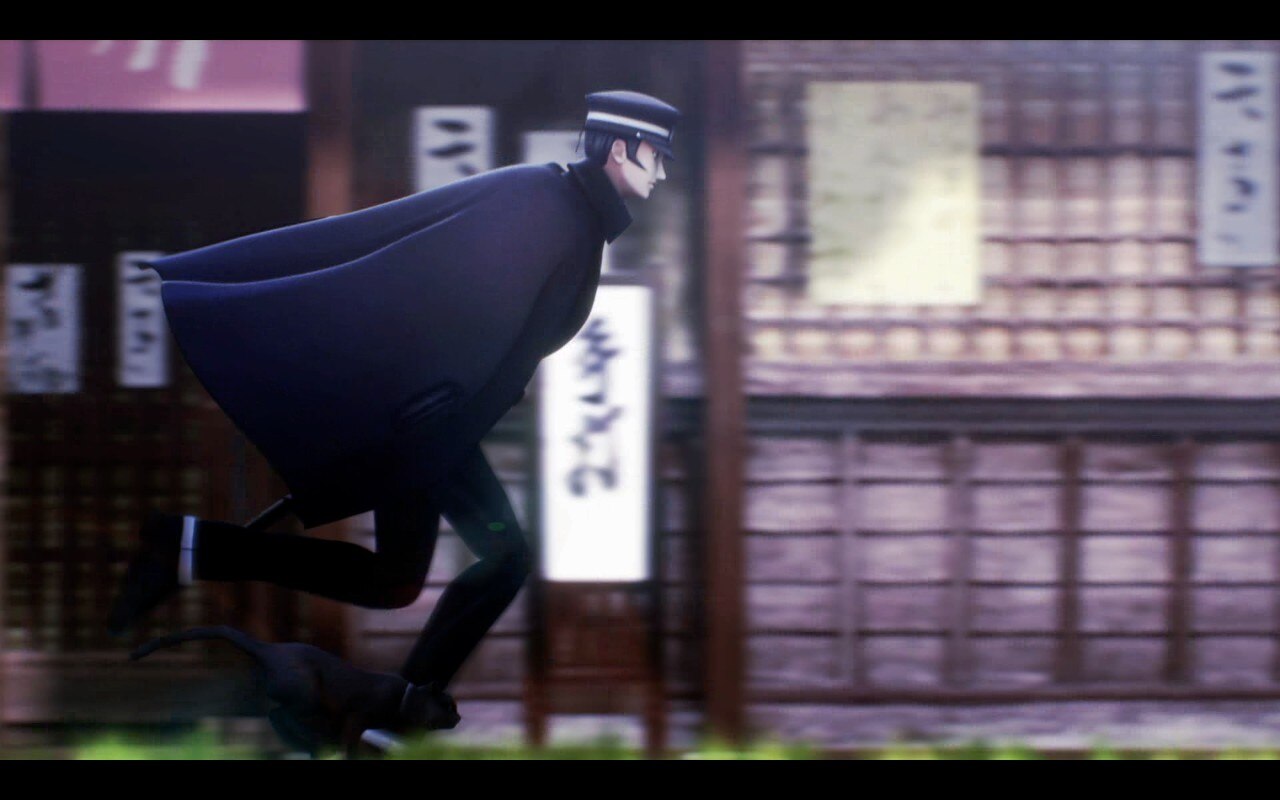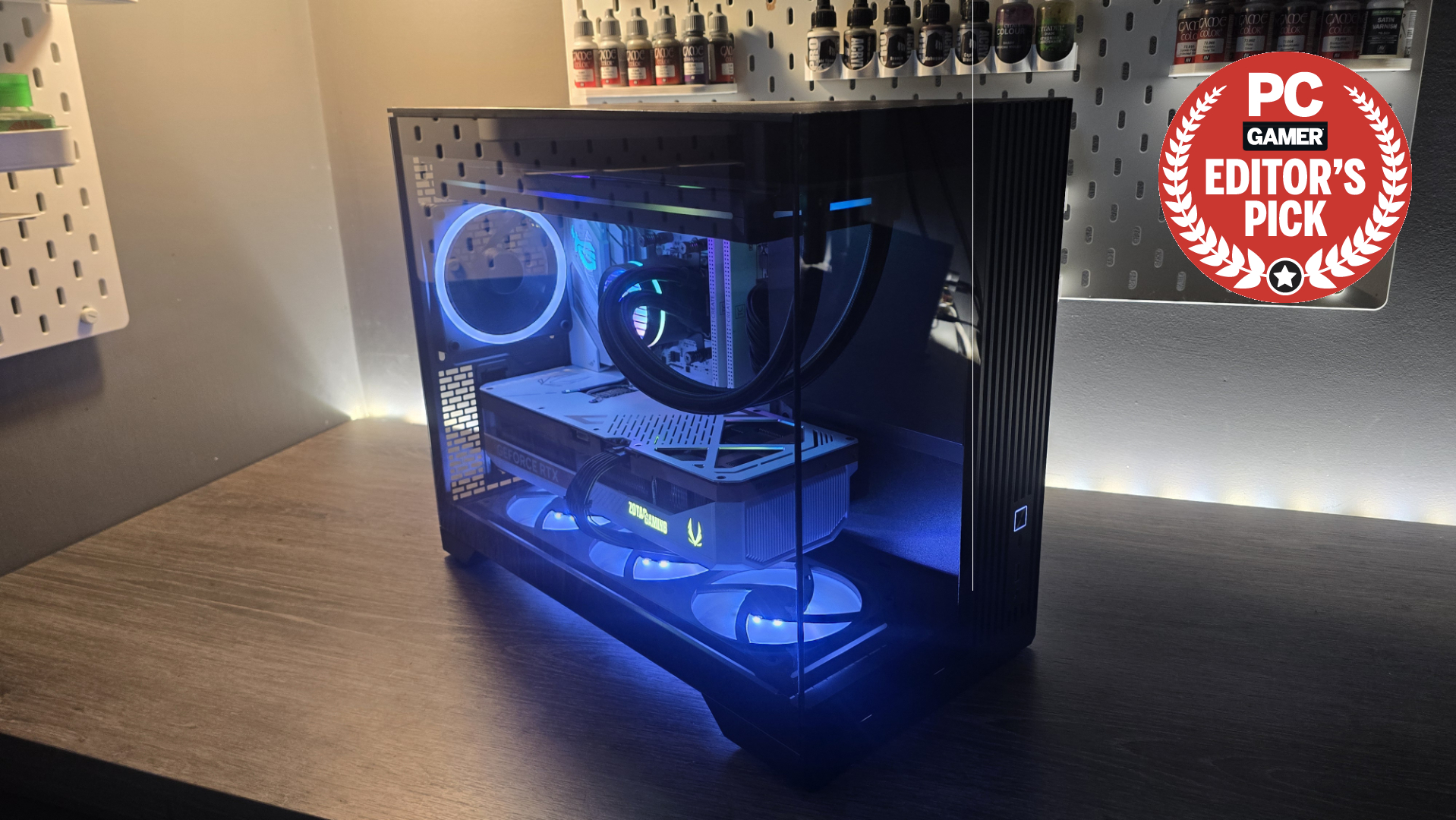Our Verdict
Raidou Remastered isn't the best Shin Megami Tensei game on PC, but its live-action take on a familiar turn-based combat system is as fun as it is fascinating.
PC Gamer's got your back
What is it? PS2-era Megami Tensei JRPG starring a kid detective in early 20th century Tokyo
Release date June 19, 2025
Expect to pay $50
Developer Atlus
Publisher Sega
Reviewed on RTX 3060 (laptop), Ryzen 5 5600H, 16GB RAM
Steam Deck Playable, with some small in-game text
Link Steam
When Raidou Kuzunoha vs. the Soulless Army released for PlayStation 2 in March 2006, Persona 3 was only four months away from making its debut in Japan. The latter, inarguably a classic, introduced Atlus' now-iconic social link system, thus sealing the studio's fate as one of the most beloved 21st century RPG creators. Raidou, though? Most people have forgotten about it, if they've heard of it at all.
And yet here we are with a remaster, and a high-effort one at that: the combat has been revamped, and every line of dialogue voiced. It belongs to the Devil Summoner strain of Shin Megami Tensei games, which are distinguished by their detective fiction leanings (the most recent was Soul Hackers 2). It didn't receive particularly glowing reviews at launch: it was fine. But with the benefit of hindsight it's kinda interesting. Not only is its early 20th century Tokyo setting unique for a series that loves to hang around in the present and near-future, but it also features one of Atlus' only dalliances with real-time combat.
Raidou Kuzunoha is a teen detective working for the Narumi Detective Agency, which has a special interest in the supernatural and occult. He's well-suited to the job because he's also secretly a Devil Summoner, working for an organisation dedicated to the protection of Tokyo against the wrath of supernatural forces. A seemingly routine quest to save the daughter of a local magnate eventually blossoms into the usual absurdly meandering anime fare, touching on superweapons, time manipulation and, of course, Russian mystic Grigori Rasputin.
Raidou is another voiceless and expressionless teenage protagonist, though given his situation—Raidou is an investigator, and not a hapless student—some of the weirdness of other SMT games has been sanded away. The sense of young people being thrown into a malignant alternative world only just hidden beneath their own doesn't hit quite as hard when the hero is reporting for duty as a ghost detective every morning.
The devils Raidou can summon will be familiar to anyone who has played a Shin Megami Tensei game, and they're utilised in fun ways here. Each has a couple of different uses outside of combat, which bleeds into some of Raidou Remastered's curious point 'n' click trappings. For example, Jack Frost can freeze water to create new paths, while Azumi can fly. Neko Shogun can use force to move large objects around, and Lilim can read people's minds. These powers can only be used in the right context, and whenever they're called for in puzzle scenarios it's usually extremely obvious, even when Raidou's cat companion Gouto doesn't blurt out the solution.
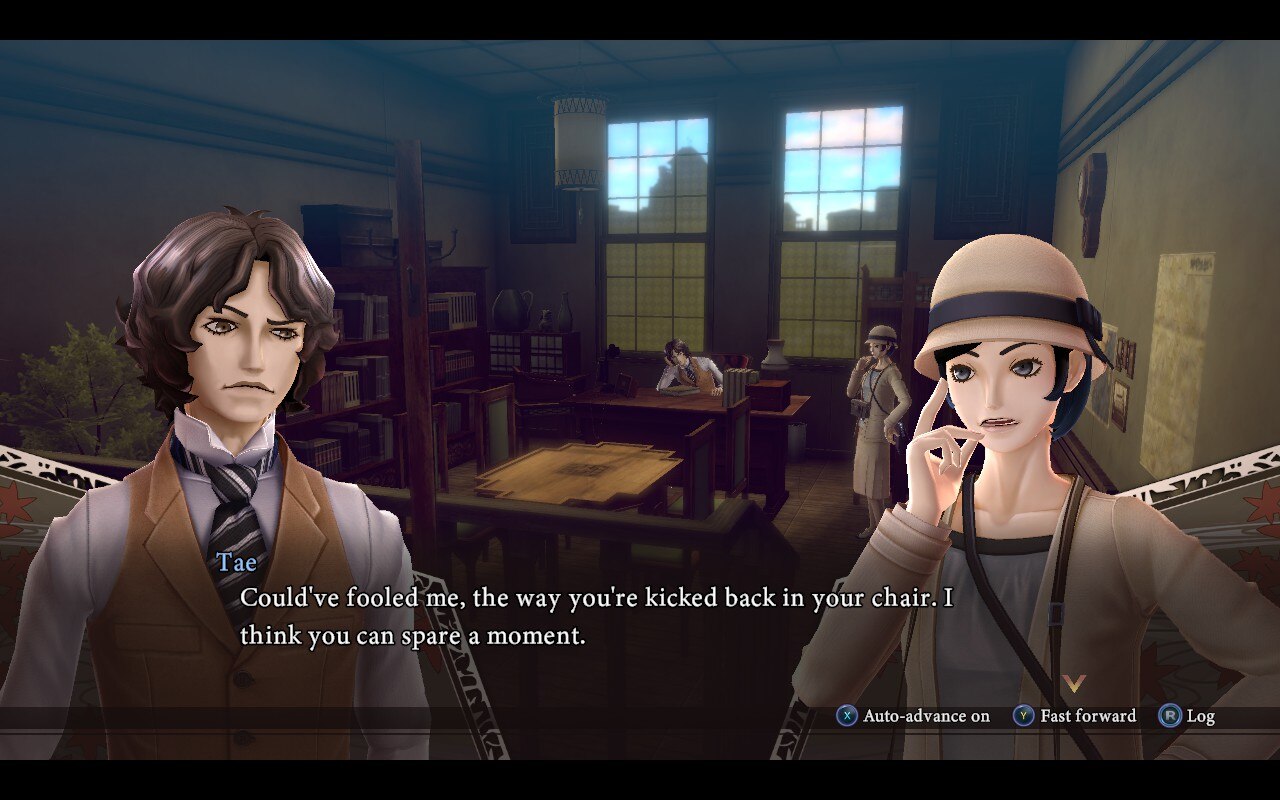
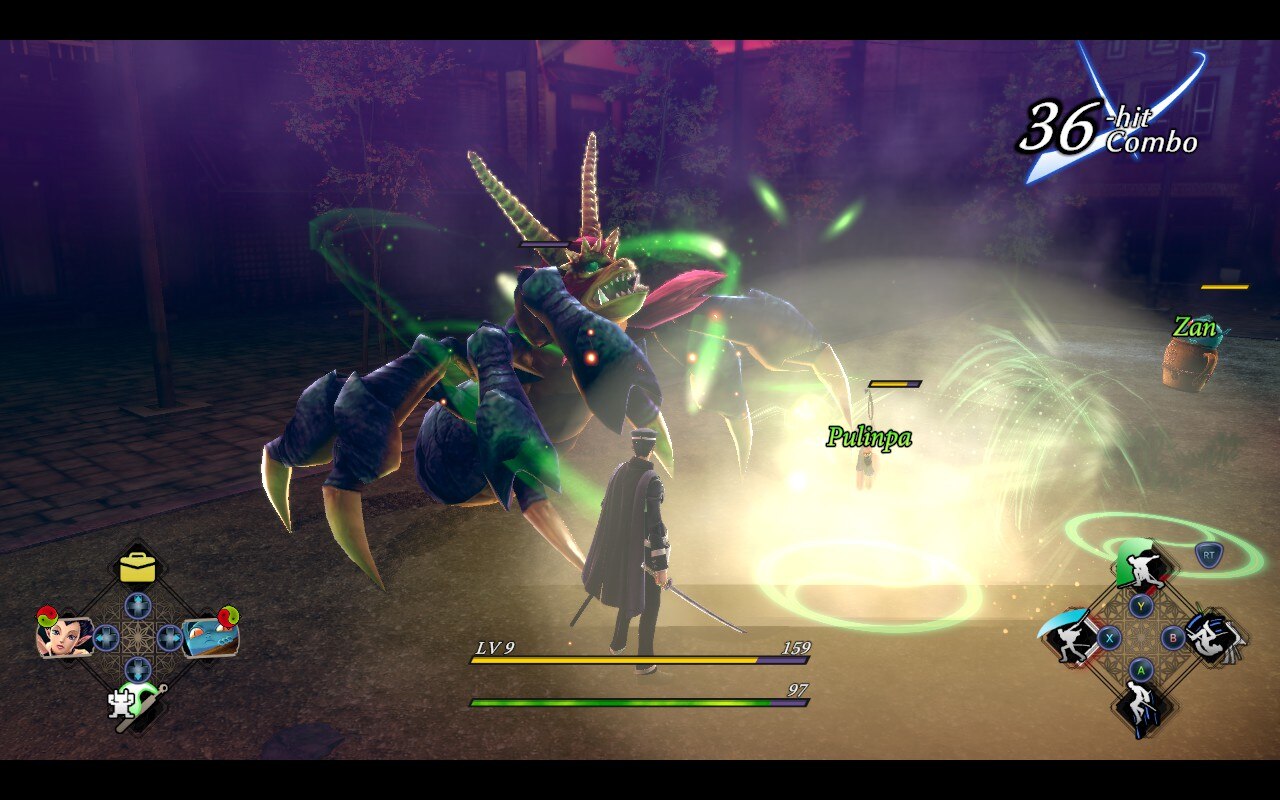
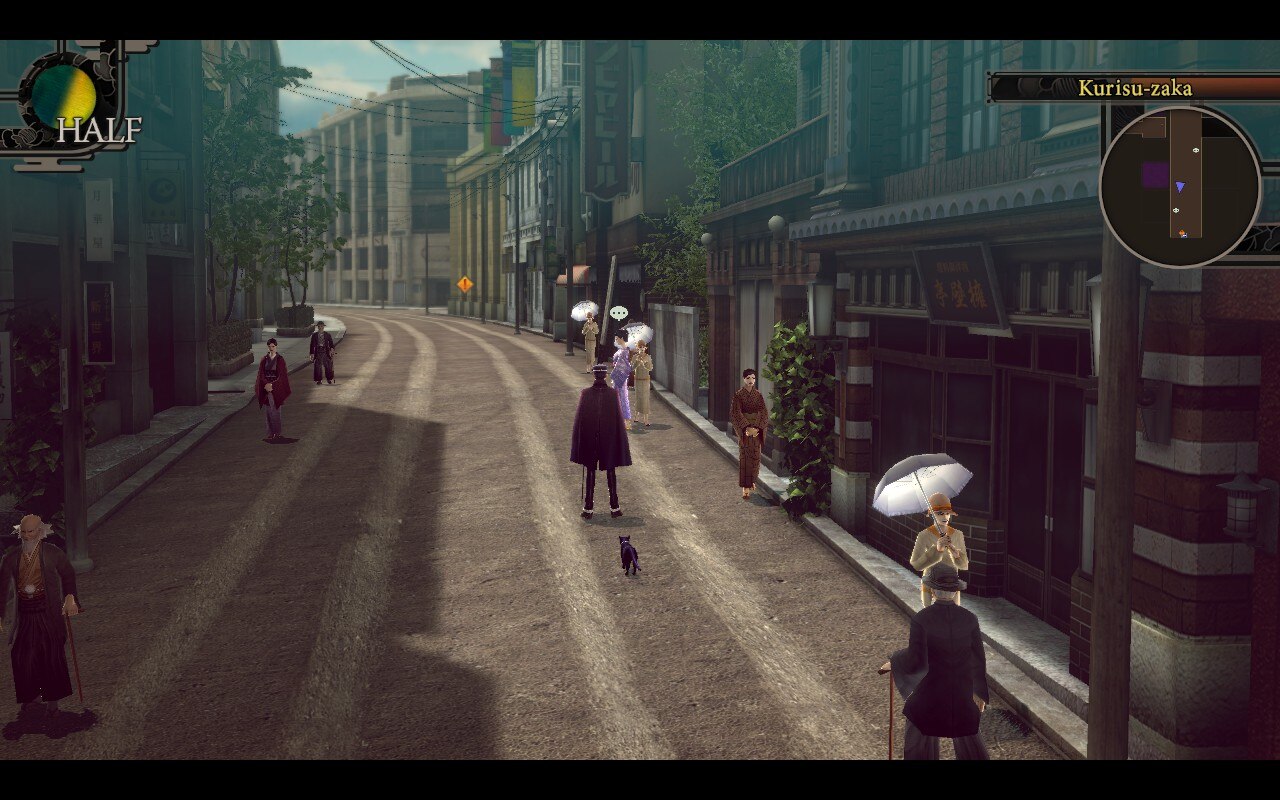
On the flipside, some late game "puzzles" are surprisingly obtuse, so much so that I had a form of gamer whiplash: Am I just meant to sit here and wait for Gouto to explain what I'm meant to do? Or am I meant to, uh, think about it?
These elements exist because Raidou is ostensibly a detective, but they feel less like puzzles and more like a series of chores doled out by an especially patronising boss. The story has Raidou investigate, but I don't investigate: I just move our hero around and click on things. It's a missed opportunity, both in 2006 and now, to feel out a more investigative style of play in a game about being an investigator. This sense of wasted potential extends to mission design, which generally involves going back and forth between characters for information, while occasionally dipping into the Dark Realm—a bleak and mysterious parallel world full of demons—to nip the present episode's big baddie in the bud.
Keep up to date with the most important stories and the best deals, as picked by the PC Gamer team.
Thankfully the combat and demon hunting keep things interesting, and the former has been completely reworked. The original's static camera angle is now free roaming in combat, and Raidou is much more nimble on his feet, with a long dodge and double jump at his disposal. He can now summon two demons rather than one, to help alongside his own melee weapon and gunfire.
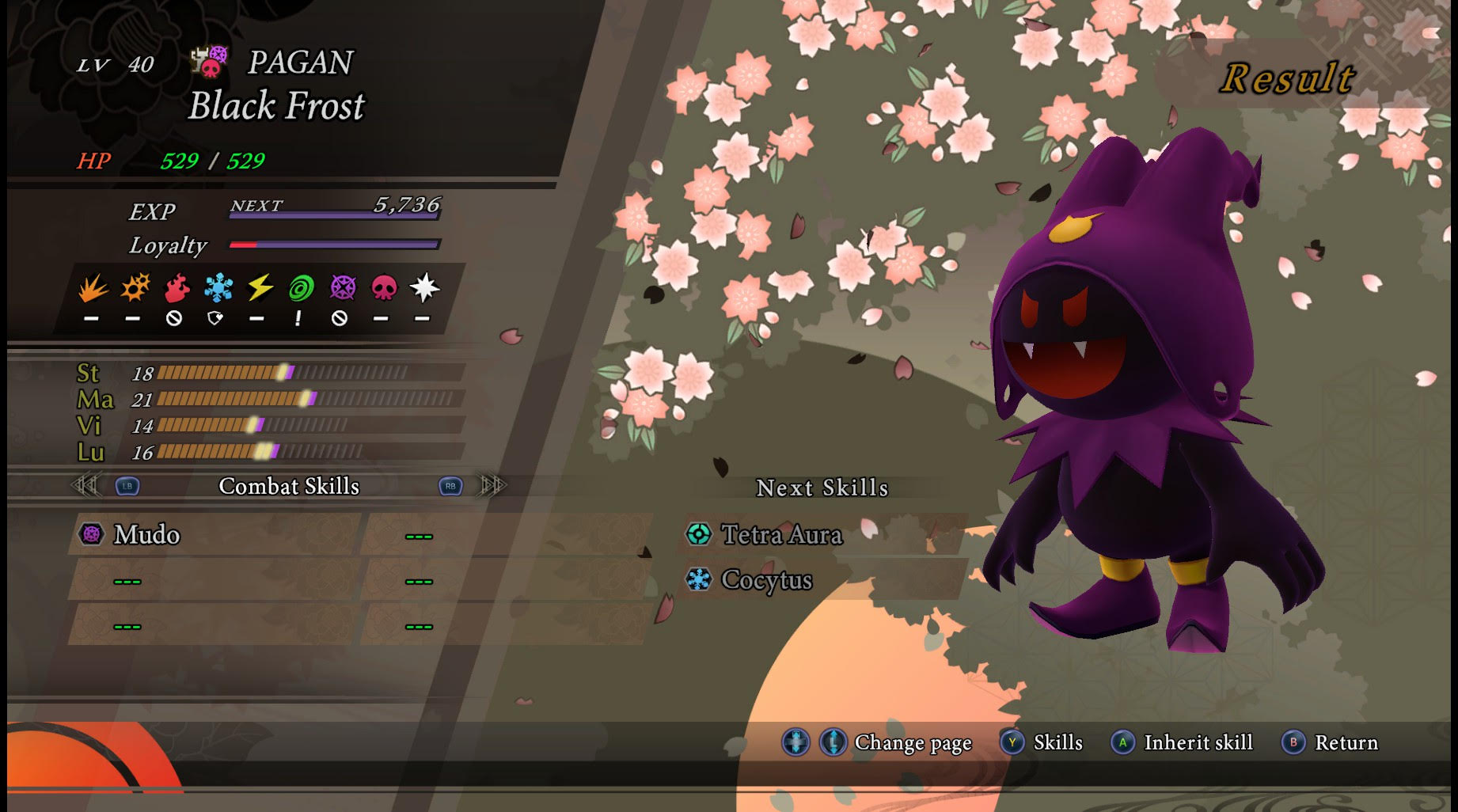
Compared to the syrupy combat of the original, it's very fast and fluid, mixing light tactical complexity with dexterity-focused hack 'n' slash. Raidou can specialise along magic or raw damage paths (I built a mix between both) while also following upgrade trees for swords, spears and axes.
The combat is as close to the SMT Press Turn system as it can be in a real time format: using the right elemental attack against an enemy will weaken or stun it, all the better to bolster your sword attacks, while using the wrong elemental attack will usually buff an enemy. Familiar SMT conundrums inevitably arise: what if one enemy needs a fire attack, but you've only got an AOE fire attack and another enemy on the field is buffed by fire? Then it's time to dive into menus, fine-tune your demon loadout, and carry on. What if a volt-weak enemy keeps charming my healers into healing them? And what if my healer is the only demon I have with a volt attack? Damn: it's time to go find another volt demon.
Collecting demons and trying them out in battle is as fun as ever, even if they all feel more flexible and thus less special than in other contemporary SMT games. Jack Frost is an ice creature, but if I have him inherit a volt or fire attack it'll still serve to weaken an enemy if they're susceptible to those elements.
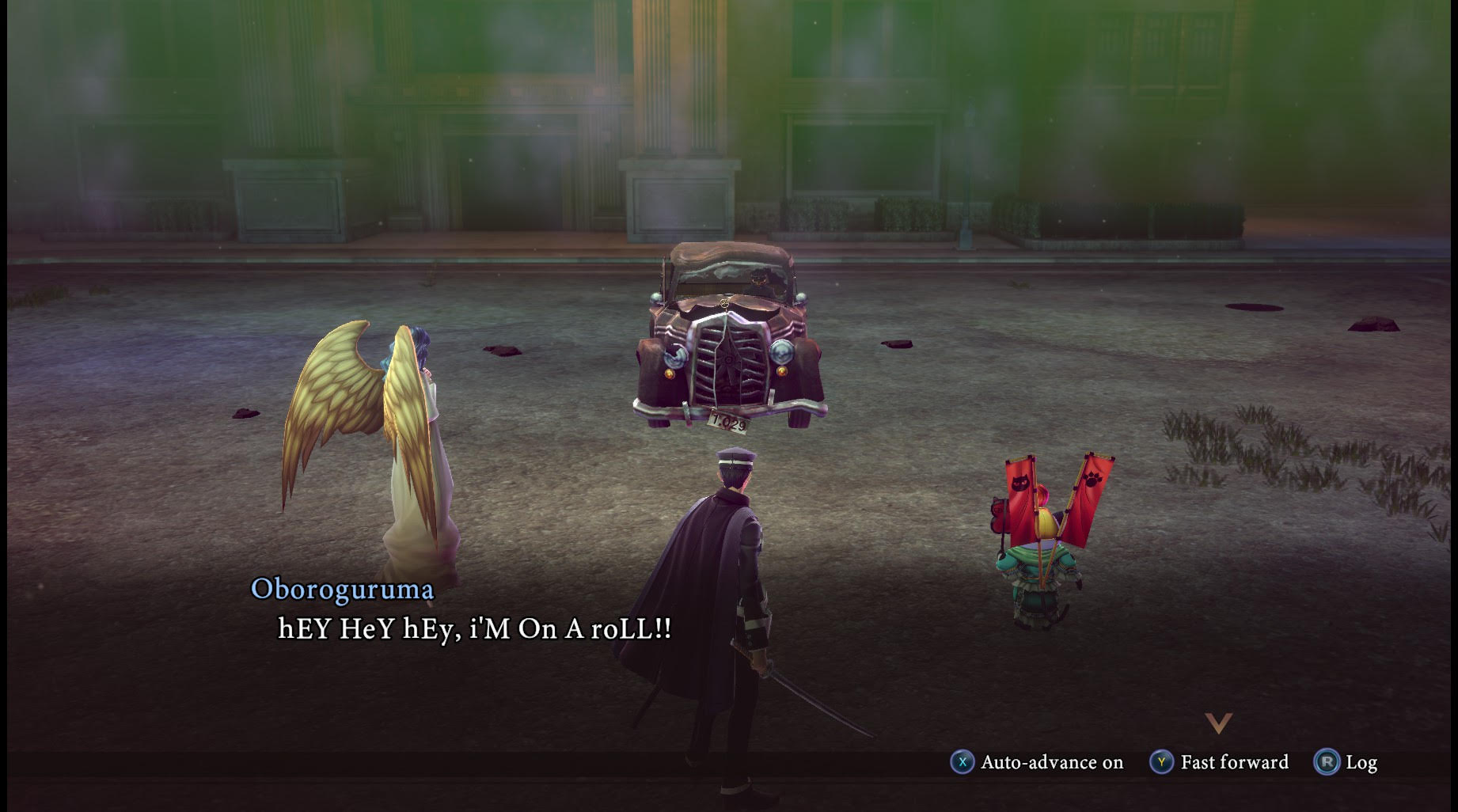
I found myself using early game demons well into the 30-hour story, mostly because the strength of their elemental attacks didn't really matter so long as Raidou himself was capable of doling out high damage (and also, because Neko Shogun is my favorite). Similarly, I was about three-quarters into the game before I really had to think about what demons I wanted to keep and which I wanted to sacrifice via demon fusion: in other SMT games, including Persona, demons that can buff and debuff feel essential, leading to frequent stops to fuse together demons towards stronger and better-equipped ones. That isn't so much the case here, though I did play on normal; things may become trickier at higher difficulties.
This may all sound unpromising but the truth is I enjoyed Raidou Remastered, and I think anyone into monster collecting, action-focused SMT games will too. By all reports Raidou was a 7 out of 10 JRPG in 2006, and with a complete renovation of its combat system—and the merciful removal of random encounters—Atlus has ensured it remains a 7 out of 10 JRPG now. I'm not sure why they decided to remaster this instead of any of the other SMT games stuck on the PS2, but it's definitely worth playing, especially if you're curious to see what might happen if (gulp) Persona 6 goes the way of Final Fantasy 16 and ditches turn-based combat.
Raidou Remastered isn't the best Shin Megami Tensei game on PC, but its live-action take on a familiar turn-based combat system is as fun as it is fascinating.

Shaun Prescott is the Australian editor of PC Gamer. With over ten years experience covering the games industry, his work has appeared on GamesRadar+, TechRadar, The Guardian, PLAY Magazine, the Sydney Morning Herald, and more. Specific interests include indie games, obscure Metroidvanias, speedrunning, experimental games and FPSs. He thinks Lulu by Metallica and Lou Reed is an all-time classic that will receive its due critical reappraisal one day.
You must confirm your public display name before commenting
Please logout and then login again, you will then be prompted to enter your display name.
